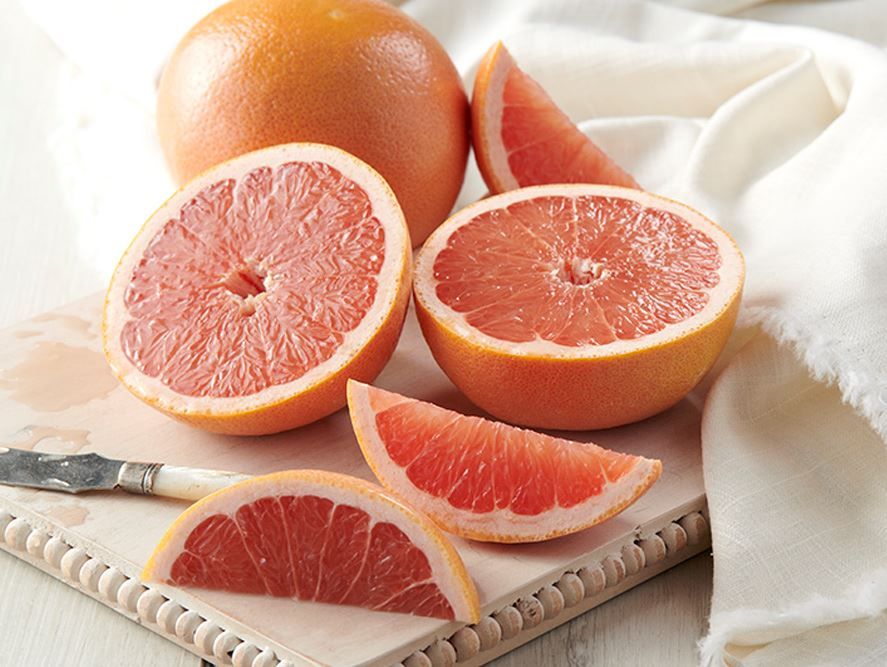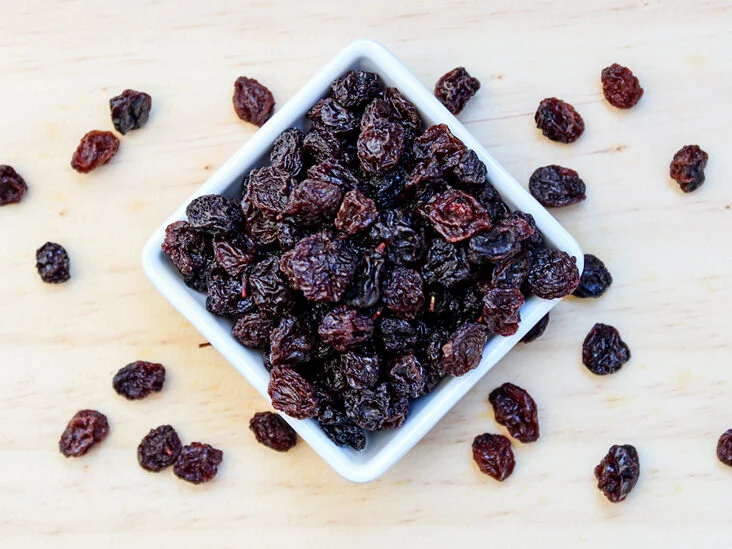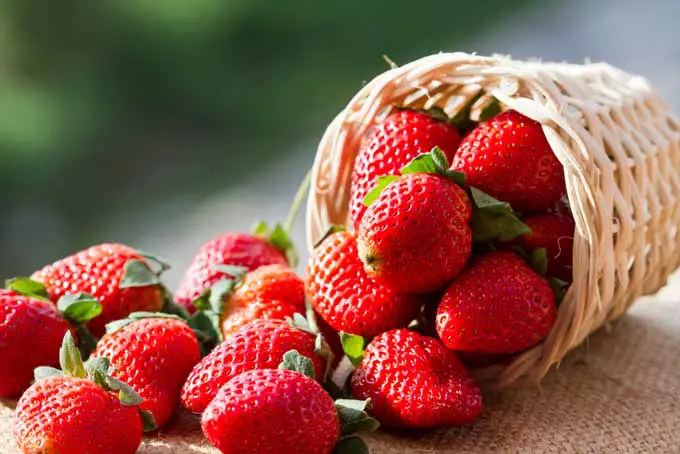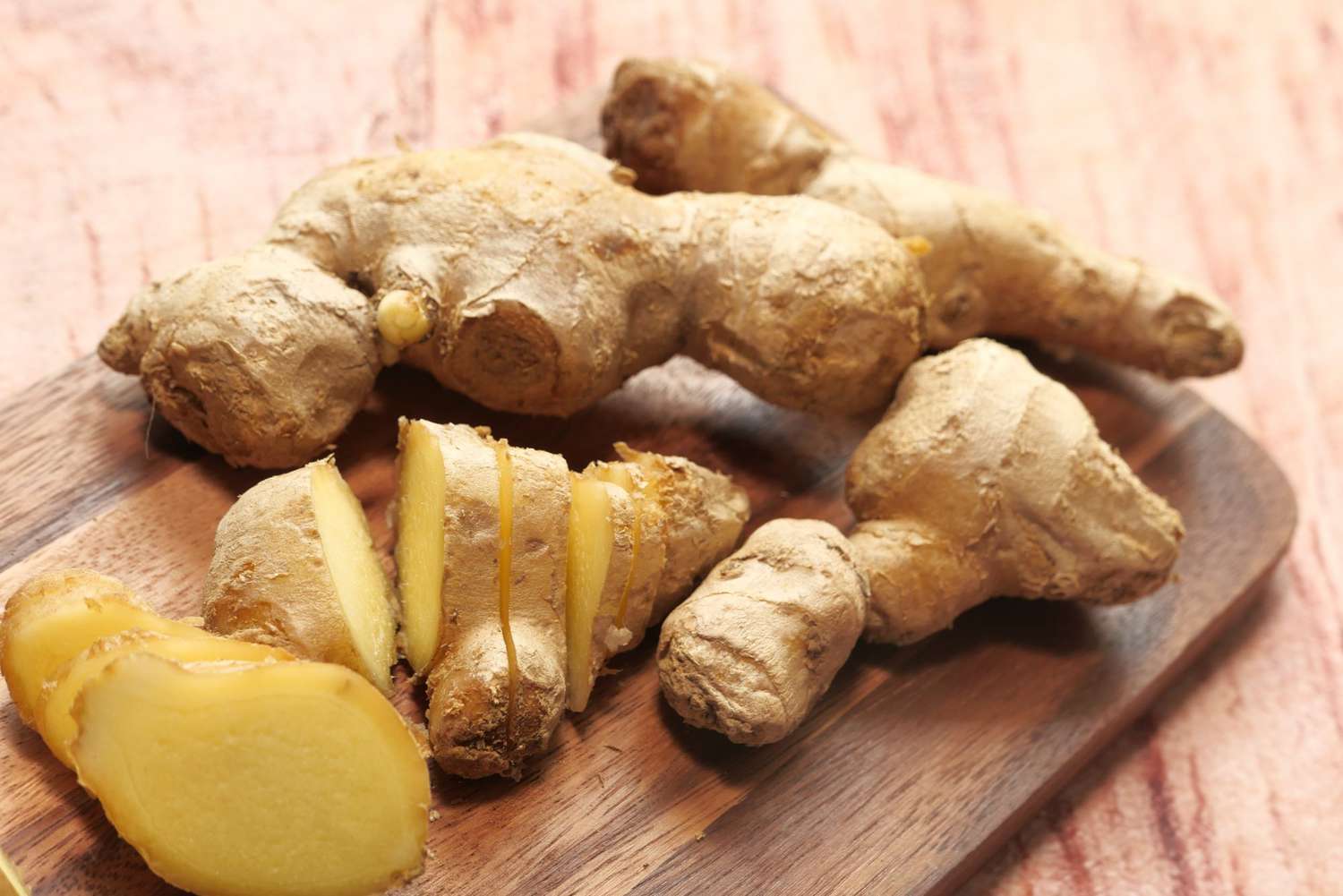According to Dr. Axe (2017) and WebMD (2017), Quercetin is a plant pigment or polyphenol from the flavonoid group that is found in many plants, vegetables, fruits and grains. It is contained in foods such as apples, onions, berries, buckwheat tea, green tea, tomatoes, broccoli and red wine (Dr. Axe 2017).
According to ( WebMD, 2017) quercetin is used for treating conditions of the heart and blood vessels, high cholesterol, hay fever, asthma, viral infections, chronic fatigue, prostate infections, peptic ulcer and allergies. It has antioxidant and anti-inflammatory effects.
Dr. Axe (2017) states that Quercetin plays a significant role in fighting free radical damage. Dr. Axe also stated that the Department of Pathology and Diagnostic at the University of Verona Italy found that Quercetin has antiviral, antimicrobial, anti-inflammatory and anti-allergic properties with the potential to be positively expressed in cells of humans and animals. Quercetin shows strong effects on immunity and inflammation caused by leukocytes (Dr. Axe, 2017).
According to Axe, anti-inflammatory foods that contain Quercetin can help to manage inflammatory health problems such as allergies. It is because these high antioxidant foods have the ability to scavenge free radicals. Quercetin helps to slow the aging progress because it lessens the effect of oxidative stress on the body (Axe, 2017).
Dr. Axe (2017) stated that it plays a role in regulating the immune system’s response to outside stressors through cell signaling pathways called kinases and phosphatases.
According to Dr. Axe (2017) because Quercetin is a natural antihistamine and anti-inflammatory it is effective in managing the effects of seasonal and food allergies, asthma and skin infections. It helps to stabilize the release of histamines from certain immune cells and decrease symptoms like cough, watery eyes, runny nose, hives, swollen lips and tongue and ingestion.
References
WebMD (2017). Quercetin retrieved from https://www.webmd.com/vitamins-supplements/ingredientmono-294-quercetin.aspx?activeingredientid=294&
Dr. Axe (2017). Benefits of quercetin retrieved from https://draxe.com/quercetin/










